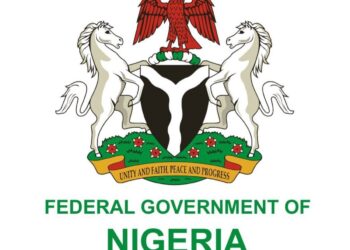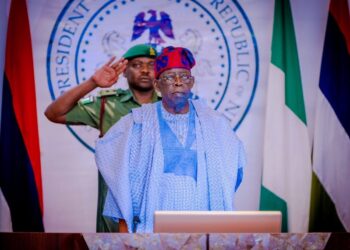The Nigerian Senate has expressed dissatisfaction with the Federal Government’s execution of the capital component of the 2024 budget, emphasizing the need for improved implementation by Ministries, Departments, and Agencies (MDAs). This critique was voiced during a session on Wednesday, where the Senate called for increased efforts in funding capital projects across the three national budgets currently in operation.
Senator Solomon Adeola, Chairman of the Senate Committee on Appropriation, highlighted these concerns when Finance Minister Wale Edun and Accountant General Oluwatoyin Madein appeared before the panel to discuss budget performance. Adeola lamented the inadequate funding of capital expenditures, which he noted is crucial for showcasing government performance through visible projects.
“The capital component of the budget is what will largely demonstrate the government’s achievements in terms of infrastructure and development,” Adeola stated. “The mere N1.84 billion realized out of a N9 trillion capital expenditure is unacceptable. There is a pressing need for more engagement with MDAs to ensure they understand the current funding arrangements for capital projects.”
Adeola pointed out that many agencies were unaware of the changes in the payment process for capital projects, underscoring the necessity for continuous dialogue and education on the new procedures. He also raised concerns about the Nigerian National Petroleum Corporation Limited (NNPCL), questioning its assurances on oil production and urging transparency.
Furthermore, Adeola announced plans for a Senate public hearing involving stakeholders in the oil and gas sector, including the Finance Minister, to address ongoing issues. “We intend to bring everyone in the industry to the table to discuss the numerous reports and ensure clarity on our oil and gas sector’s operations,” he added.
The Senate also commended the Ministry of Finance for achieving 100% funding of the 2023 supplementary budgets. Adeola suggested periodic reporting on the implementation levels of agency projects to guide the transition to the new payment method.
Finance Minister Edun responded to the Senate’s concerns by outlining the government’s progress in various areas. He mentioned ongoing forensic investigations into the N30 trillion in ways and means and efforts to procure electric and Compressed Natural Gas (CNG) vehicles, which have faced delays due to increased freight costs. Edun pledged to enhance monitoring of revenue-generating agencies and ensure timely debt servicing, having already paid $700 million in debt service for national development agencies.
“We are scrutinizing the N22.7 trillion in outstanding debts through a forensic audit to understand its impact fully,” Edun explained. “We are also ensuring that all due revenues are collected to mitigate the reliance on ways and means, which is currently decreasing.”
The session concluded with a renewed call for better collaboration and efficiency in executing the capital projects essential for Nigeria’s development.











